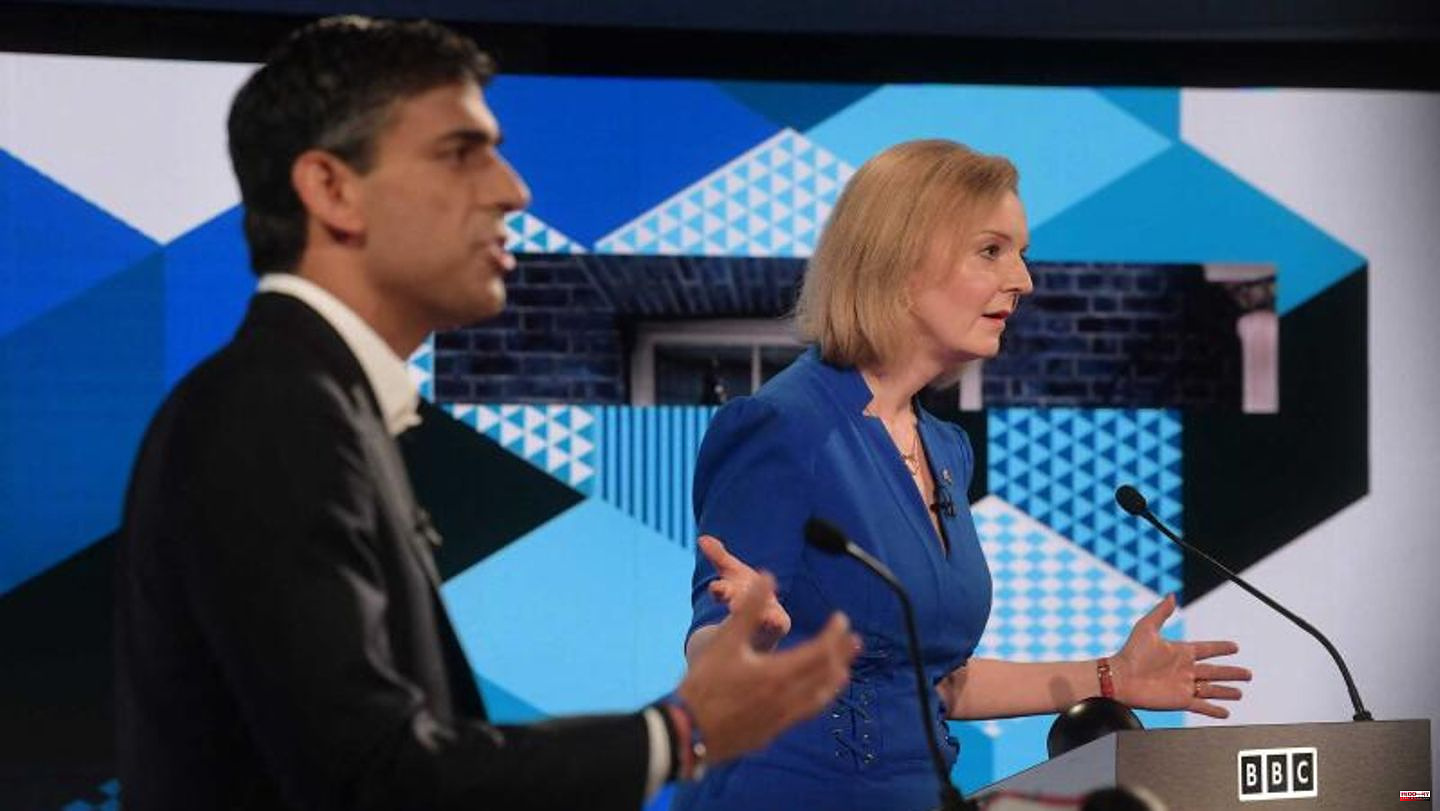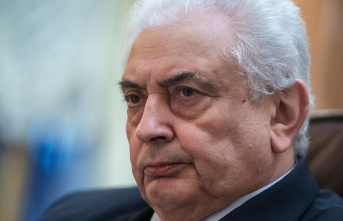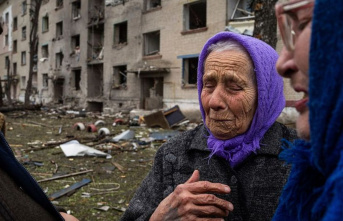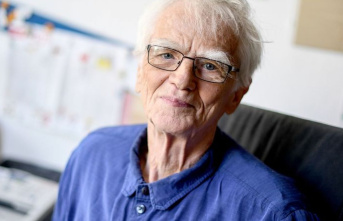As befits a major event, the finale takes place in Wembley. It is true that Liz Truss and Rishi Sunak will not compete in the legendary football stadium with tens of thousands of party members in the stands. But also in the event hall Wembley Arena right next door, the mood should boil up when the two candidates to succeed British Prime Minister Boris Johnson face the members of the Conservative Party for the last time on Wednesday evening.
The last impression counts, voting ends on Friday. On Monday it will be announced who will move into Downing Street. Finally, say many people in Britain.
"British politics has been a lesson in torture over the past month," commented columnist Simon Jenkins in the Guardian newspaper. "The election campaign has so damaged both candidates that Tory members - and the public in general - would appear to prefer even a discredited Boris Johnson as prime minister." There was temporary talk of a civil war within the Conservative Party. At the beginning of the duel there was such acrimony that some observers believed the Tories could no longer pull themselves together for the time being.
That has changed again. But the long-running campaign that began with Johnson's July 7 withdrawal announcement is crippling the country at a time when it desperately needs leadership. Inflation is over 10 percent and rising, energy prices will probably quadruple soon, Brexit is far from over, plus the Russian war against Ukraine. These are just the absolute top issues that the new prime minister has to deal with from day one.
There are also internal concerns. The biggest challenge for the newcomer to Downing Street is Boris Johnson, says political scientist Matthew Flinders from the University of Sheffield. Because the outgoing prime minister sees himself unfairly thrown out of office. Johnson will not silently disappear from the stage, says Flinders in an interview with the German Press Agency.
Most of those who follow the race believe that the new one will be called Liz Truss. The 47-year-old was repeatedly so well ahead of Sunak in polls that his victory would now be a sensation. What the 42-year-old still has to cling to is that pollsters often point out how difficult it is to gauge the mood of the Conservative Party. Because the Tories do not make any documents available to the public about their members.
It is not even known exactly how many people are allowed to take part in the vote. It is estimated that up to 200,000 party members will decide on the next prime minister. That's around 0.3 percent of the total population - predominantly white, male, over 60 and from the more affluent southern England. This group seems to have convinced Truss. Expert Flinders calls this part of the competition a "high jump": "She has to jump over a very high bar to win the party leader election."
But what is particularly difficult is the "long jump" that follows, in which the foreign minister has to convince a much larger group, says the political scientist. That could be much more difficult, because the right-wing conservative course driven by Truss is unlikely to arrive in many areas of England and especially in the traditionally Tory-critical parts of Scotland and Wales.
A breath of fresh air is also needed for the staff. "She will inherit from Johnson one of the lightest, most inexperienced cabinets in recent history," points out columnist Jenkins. Johnson has always treated his ministers like a cobbled together fan club.
In addition, Truss has so far been considered rather awkward in public appearances. The difference to the populist Johnson, who is well received in pubs and cricket grounds with his jovial manner, is immense. "She has to show that she can dance," says Flinders. So: whether she can get along with the people on the street. She still has some time: The next parliamentary elections must take place in January 2025 at the latest. However, after the scandalous Johnson era, the Tories trail the Labor Party in polls.












